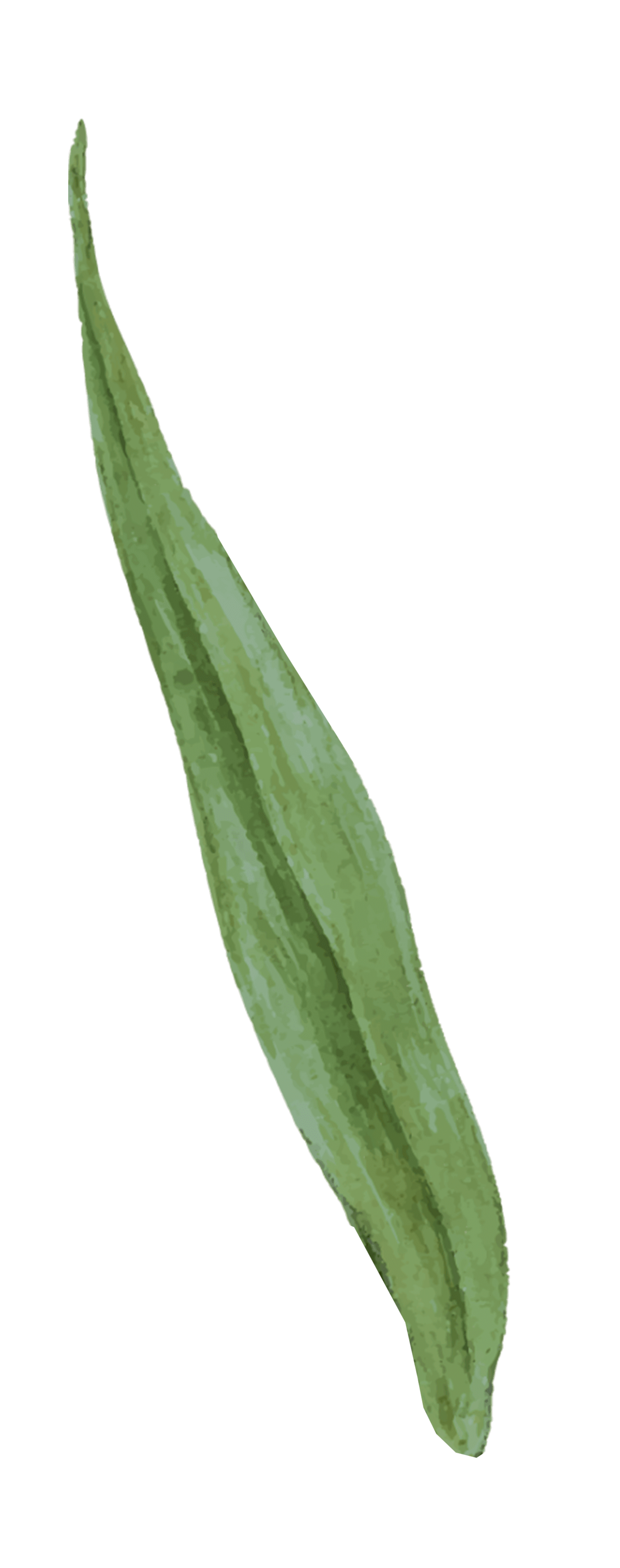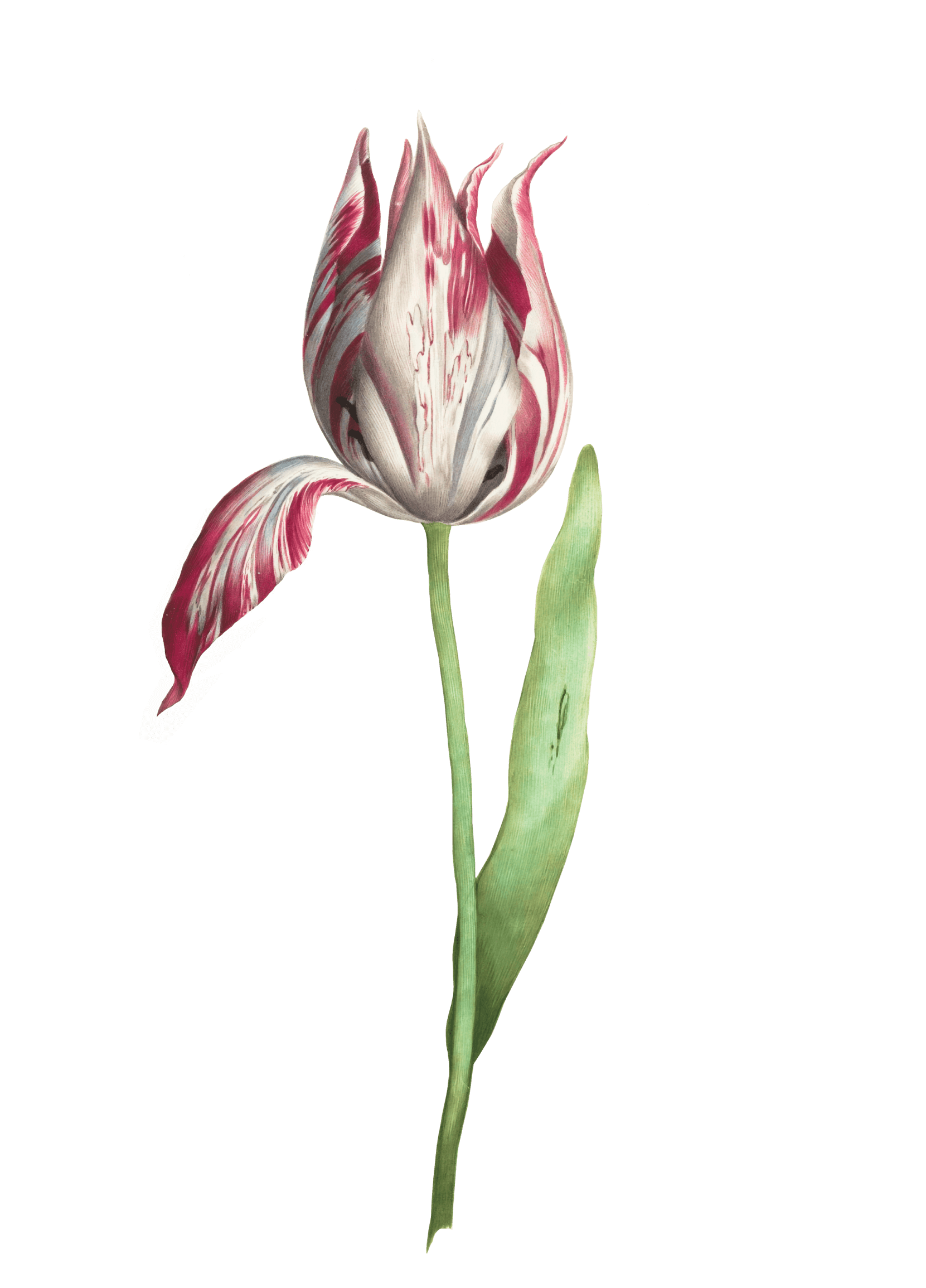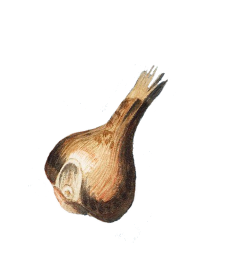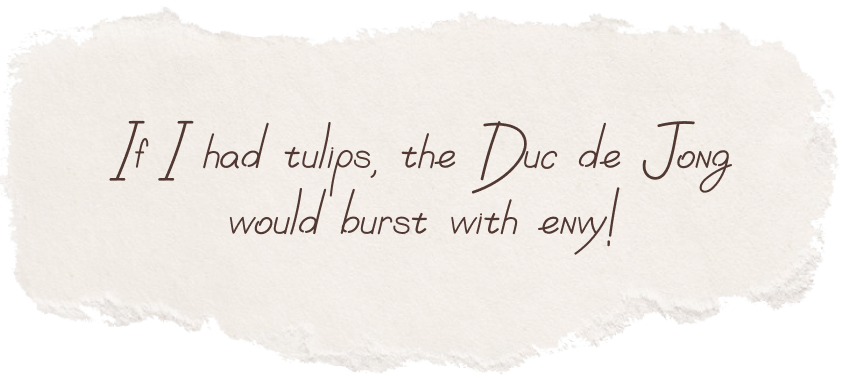












planting
tulips


tulip fever
How tulips led to the stock exchange crash in Holland in 1624-1637
Tulip Fever










tulip fever
How tulips led to the stock exchange crash in Holland in 1624-1637
Tulip Fever












Holland — is not the home of tulips
Suleiman I,
Turkish sultan
Turkish sultan
Tulips were common in Turkey as early as the 11th and 12th centuries, from where they made their way to Europe and then to Holland
Tulips were considered a symbol of wealth and power. They were forbidden to be sold or taken out of the country.
Only as a gesture of incredible generosity could a Turkish sultan give a tulip bulb to a particularly important guest
Only as a gesture of incredible generosity could a Turkish sultan give a tulip bulb to a particularly important guest



So the bulbs were presented
to Augir van Busbeck, who sent them to his friend, Carl Clusius





Karl Clusius,
botanist at the University of Leiden
botanist at the University of Leiden
Augir van Busbeck,
French Ambassador to Turkey
French Ambassador to Turkey
Clusius planted some tulip bulbs in the botanical garden of Leiden University
The following year, the flowers that determined Holland's future destiny appeared







how EVERYONE was crazy about tulips
There were more and more people who wanted to grow a beautiful flower in their own garden
Word of the extraordinary flower spread throughout the country. The coloring of the tulips was unlike anything gardeners had seen before, their colors were much brighter and more saturated




















































half a kingdom for an onion
Floriculture has become a game of chance
Everyone who had even a small piece of land grew flowers. Tulips were sold at fairs and markets, in pubs and taverns. Prices rose with the demand and reached 4600 florins per bulb. At an average wage of 150 florins a year.









"The Tulip Trade"
caricature painting, 17th century
caricature painting, 17th century
For one rare variety of tulip they gave 4 oxen, 8 pigs, 12 sheep, 4 barrels of beer, 1000 pounds of cheese, 25 liters of butter, 2 barrels of wine, a bed, a silver bowl, 2340 kg of wheat and 4680 kg of rye














































In the begining the flower trade was seasonal
In May tulip bulbs were dug up after flowering, in October they were planted until spring — the market stopped for almost six months. But the demand did not disappear with the closure of the market
wind trade
The sale of flowers that have not yet grown has been called "wind trade"
Particularly enterprising merchants began selling rights to bulbs that were still in the ground. The buyer would receive them at the start of the season

























Press
Wow!
You have a bulb
You have a bulb



final
Many Holland people quit their jobs to devote themselves to trading in the stock exchange
The peasants grew nothing but tulips. Soon the number of transactions far exceeded the actual number of flowers. The bubble burst. Prices fell. Both the poor and the rich went broke. The market collapsed overnight


The tulip market has recovered in two years. The number of tulip farms has decreased, but the industry has not disappeared completely, but has become a hallmark of the Netherlands





